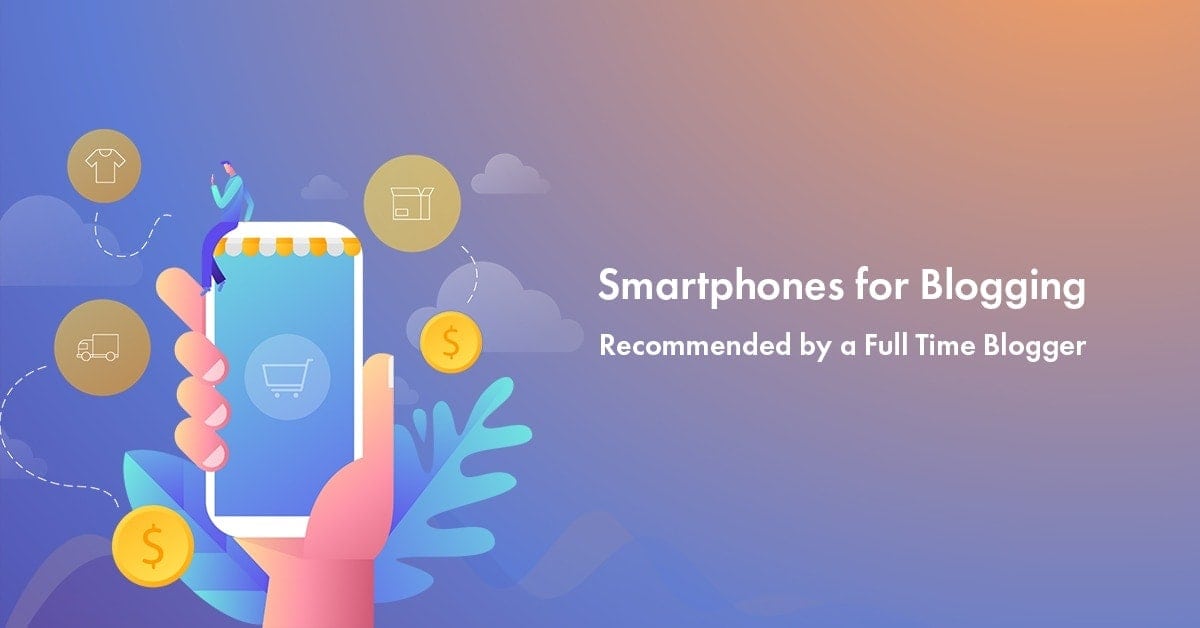

PHOTO:
Thomas Charters/Unsplash
As companies try to plan the post-pandemic workplace and look to bring workers back onsite for at least some of the time, Redmond, Wash.-based Microsoft has said that its employees must be fully vaccinated to enter the company’s U.S. offices and other worksites, starting next month. In a statement carried in the Verge, the tech giant told employees it will require proof of vaccination for all employees, vendors, and any guests entering Microsoft buildings in the U.S. The company also says it will have a process to accommodate employees who have a medical condition. The statement reads:
“As we have done since the beginning of the pandemic, we continue to closely track new developments and adapt our plans as this situation evolves, keeping employee health and safety top of mind.
Based on our continued consultation with health and data experts, our earliest date for the full opening of our US worksites will be no earlier than October 4, 2021. Starting in September, we’ll also require proof of vaccination for all employees, vendors, and any guests entering Microsoft buildings in the U.S., and will have an accommodation process in place for employees.”
Caregivers of people who are immunosuppressed or parents of children who are too young to receive a vaccine can work from home until January, the company stated.
Amazon has also confirmed that it is delaying return of employees to its corporate offices until January 2022 instead of having them come back in September as originally hoped. “We require employees to wear masks in our offices, with the exception of those who have verified full vaccination,” Amazon representatives said in a statement.
Last week, Silicon Valley giants Facebook and Google announced they will require employees returning to their campuses to be vaccinated, as well.
VMWare Improves Remote Application Control
One of the constants in the recent discussions around remote working has been cloud computing and how it is enabling hybrid, or even fully remote workplaces. Its importance can be seen in the past years’ growth in the use of cloud-based applications and platforms. In the case of Palo Alto, Calif.-based VMware, demand for its Horizon desktops grew by 82%, according to the company.
While it is still not entirely clear what the post-COVID-19 workplace will look like, what is clear is that a large number of workers will be working at least partially remotely. In anticipation of this VMWare announced new capabilities to make it easier for IT to manage Horizon deployments wherever they may be, on-premises or in the cloud.
While there are a number of different improvements, VMware has announced that it will make all of its VMware Horizon virtual desktop infrastructure available on Microsoft’s Azure cloud. Previously the service was available only on AWS.
For the sake of clarity, VMware Horizon is part of the VMware Workspace ONE platform and enterprises are using it to unify management of devices, apps and desktops across multiple clouds. Specifically, it tackles the ongoing problem of how workers are accessing apps which have been moved to the cloud, when they are accessing and where they are accessing them from.
Using the Horizon Control Plane IT teams get the best of all worlds. They can gain management efficiencies from the cloud for their on-premises environment and expand use cases and capacity to the cloud when they’re ready.
In order to make it even easier to manage services across multiple, VMware is making Horizon Control Plane services available on additional cloud providers. Among the new Services are:
- Universal Brokering for VMware Horizon on Azure VMware Solution (AVS) environments. It already supports on-premises deployments as well as Horizon on VMware Cloud on AWS, and Horizon Cloud on Microsoft Azure.
- Image Management Service is designed to reduce image maintenance time and costs by centrally managing and distributing desktop images across Horizon deployments. In addition to supporting on-premises deployments, this service is now available for VMware Horizon Cloud on Microsoft Azure.
- Application Management, powered by VMware App Volumes, simplifies application delivery by packaging apps once and deploying them across all Horizon environments in real-time.
- Lifecycle Management will be enabled through Desktop-as-a-Service with VMware Horizon Cloud on Microsoft Azure
- Using multi-cloud desktop and app delivery model can create complexity, given that different clouds have different infrastructure foundations and maintenance requirements. This can lead to higher costs in management.
In June, IDC interviewed organizations that have virtualized significant numbers of devices and applications with VMware Horizon to evaluate their return on investment. Based on these interviews, IDC concluded that they would realize benefits worth an annual average of $4.50 million per organization ($356,200 per 100 users).
Google and Miro Get Together for Workplace Collaboration
With remote work, it is also becoming increasingly complicated to work on projects even with dedicated communication tools and applications. This is true even for productivity suites like Google Workspace that were conceived and designed to enable collaboration even before the pandemic.
For millions of teams on Google Workspace, working in Meet, Calendar, Docs, Sheets and Slides is a core part of with how they work independently and collaboratively with their teams every day. As many organizations evaluate the shift to a hybrid work model, they’re mindful of the employee experience for remote and in-person team members alike.
To enable make collaboration easier, Google Meet will become more interactive with whiteboarding app Miro. This means that before the meeting begins, users attach Miro boards to your Google Calendar and invite all of the meeting participants to interact with it to make the best use of synchronous time.
The partnership addresses the development of hybrid teams that need effective tools to work both onsite and off-site. In order to do this Google Workspace and Miro will integrate product capabilities across multiple fronts, enabling a smoother and more flexible collaboration experience.
Already, users can import and live-edit existing Google Docs, Sheets and Slides on Miro boards. Expanded experiences to existing capabilities, as well as new functionality that will start rolling out in early 2022, will enable teams to:
- Bring the energy and outcomes of in-person meetings to Google Meet video meetings with integrated, dynamic and collaborative Miro boards
- Attach and share any Miro board directly in Google Calendar to ensure all attendees are prepped and ready to collaborate during meetings and workshops.
- Edit Docs, Sheets, and Slides in Workspace or in Miro without worrying about keeping changes in sync.
- Draw, diagram, and add text and shapes to connect the dots between Docs, Sheets, and Slides on a Miro board to visualize connection points between work.
The Miro app for Workspace is one of the growing number of 3rd-party applications you can use to bring the apps and services you use every day to Google Workspace experience. For Miro, Workspace is only the most recent partnership for Miro. In the middle of last month it integrated with Zoom, allowing meeting participants to share any Miro board from within Zoom Meetings and the desktop client, no tab-switching or window-toggling required.
It also recently announced partnerships with SaaS management platform (SMP) providers BetterCloud, Productiv and Zylo, to provide key SMP functionality for our users. Built on the Miro APl, these specialized integrations connect directly to Miro, ensuring admins have more granular visibility and control of Miro alongside their other core SaaS applications. There will be undoubtedly a lot more of the same on the way here in the coming months
OpenText Partners With Google Cloud to Support SAP
Meanwhile, Ontario-based OpenText has announced expanded local support for OpenText solution extensions for SAP applications in the Asia Pacific Japan (APJ) region on Google Cloud. Using the public cloud infrastructure to extend the OpenText private cloud, OpenText now offers customers increased choice and flexibility for in-region deployment of information management solutions for the SAP ecosystem.
With regional data center support from Google Cloud, OpenText can expand these solutions for SAP applications across Asia. The partnership underlines the growing need of enterprises to keep their data in specific geographies for regional compliance needs and the fact that it is more than just Europe that is tightening up on how and where data can be used and shared.
OpenText offers the digital content platform to manage and deliver unstructured content to SAP applications in context and on any device. The streamlined experience provides better efficiencies and reduced risk by facilitating that all information will be in a single interface that can be accessed by the user in a timely manner.
The suite supports SAP S/4HANA, as well as SAP, SuccessFactors and SAP Customer Experience solutions.
Culture Amp Raises $100M, Valuation of $1.5B
Finally this week, if there was any doubt about the interest in employee experience, news that San Francisco-based Culture Amp received a $100 million Series F funding bring the company’s capital valuation to over $1.5 billion should put that to bed.
Since it was created in 2011, Culture Amp has pioneered the application of behavioral science and data analytics across the employee lifecycle to help organizations humanize the performance management process and invest in the growth and development of their people.
With a massive increase in hybrid and remote work, the platform provides organizations with the data they need to rapidly iterate the experience they are delivering to their employees.
TDM Growth Partners (TDM) and Sequoia Capital China led the round, with participation from new investor Salesforce Ventures along with existing investors Felicis Ventures, Blackbird Ventures, Index Ventures among others.






